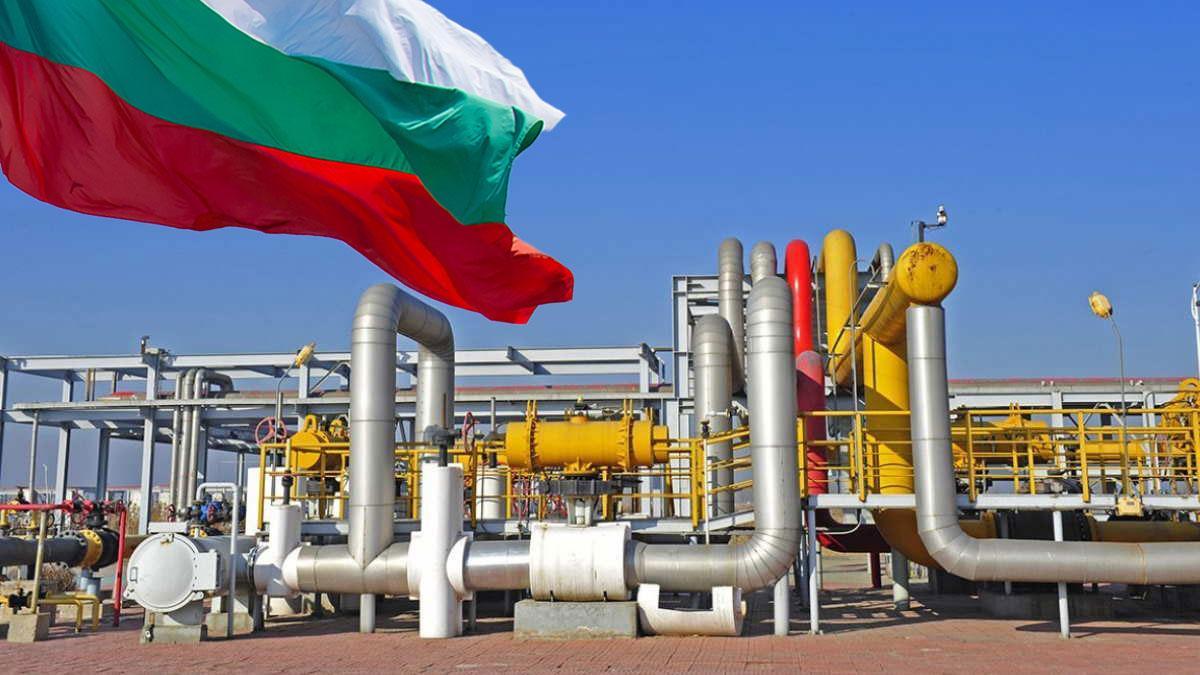Bulgarian expert comments on Azerbaijani gas, EU/NATO membership and attitude to war in Ukraine Caliber.Az from Sofia
Caliber.Az had an interview with Bulgarian political scientist Daniel Smilov, a professor at Sofia University.
- Recently some mass media reported that the technical government of Bulgaria headed by Galab Donev has decided to return to the topic of purchasing gas from Gazprom. To what extent is this information true?
- The interim government (a kind of provisional government appointed by President Radev) has indeed announced that it is ready to start negotiations with Gazprom, along with other possible gas suppliers. It said it would negotiate with Azerbaijan, Türkiye, and Russia. If it implements this plan, it will undo Bulgaria's current position of refusing to pay Moscow in rubles. Meanwhile, the government has refused to buy six of the seven US LNG tankers, reinforcing the suspicions of many that its real goal is to win back Gazprom.

- Italy, Greece, and Bulgaria have been receiving gas from Azerbaijan via the Trans Adriatic Pipeline since December 31, 2020. If you take the total amount of gas consumed in Bulgaria as 100 per cent, what is the share of Azerbaijani gas in it?
- At the moment about one-third.
- Is it possible to increase the volume of Azerbaijani gas and by how much?
- Bulgaria would like to double the current volumes. The interconnector and the connection to Greece is being finalized, which would make this technically possible.
- What is the general mood in Bulgaria regarding the Russian-Ukrainian war? What are the attitudes toward NATO and EU membership? Is there nostalgia for the times of Todor Zhivkov?
- Bulgarians generally condemn Russian aggression against Ukraine. Nevertheless, there are large Russophile groups that would prefer that Bulgaria not send weapons to Ukraine and continue to develop relations with Russia, especially in the energy sector.
At the same time, many in Bulgaria are concerned about rising prices and inflation, and this is used by populist politicians to manipulate: they claim that relations with Russia will lead to lower prices, which, of course, is wrong.

Most Bulgarians support EU and NATO membership. However, there is one party, Revival (Vzrazhdane), which advocates withdrawal from NATO and possibly from the EU. Nevertheless, this is a marginal political formation.
Is there any nostalgia for the times of Todor Zhivkov? Perhaps some older people have such nostalgia, but the former communist party, the Bulgarian Socialist Party, is gradually losing ground and currently has about 11-12 per cent support.








